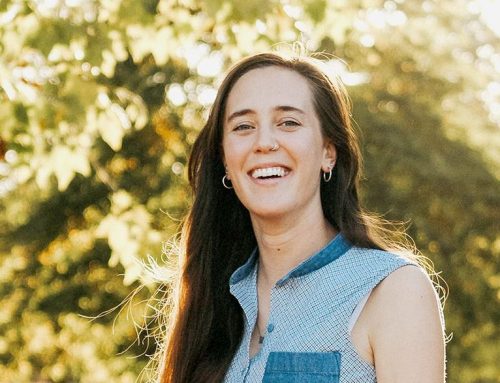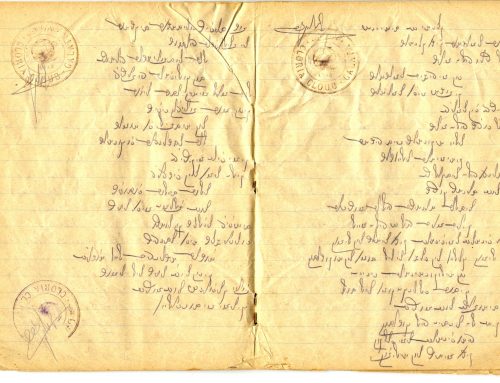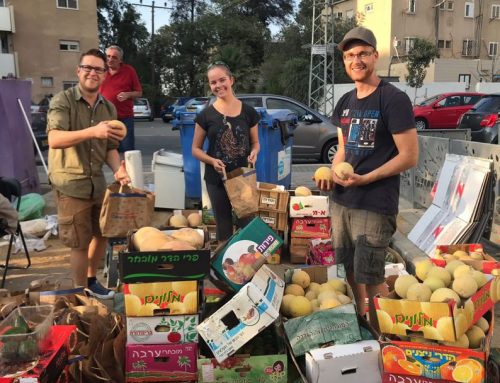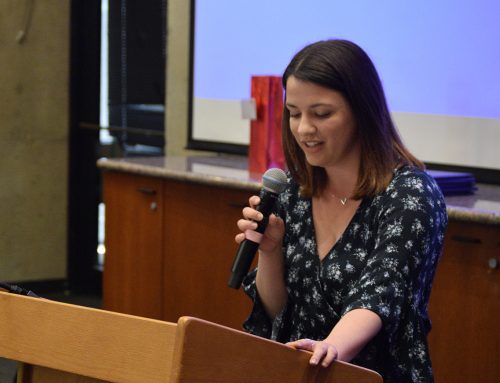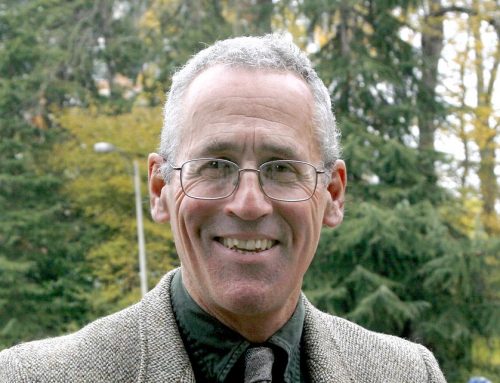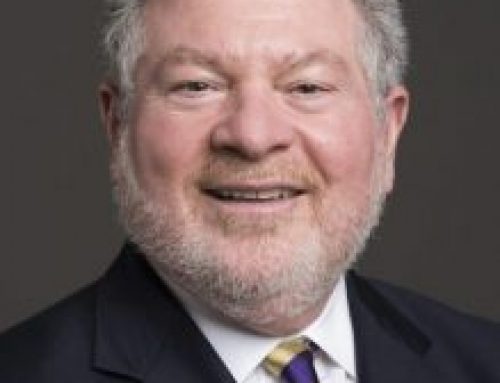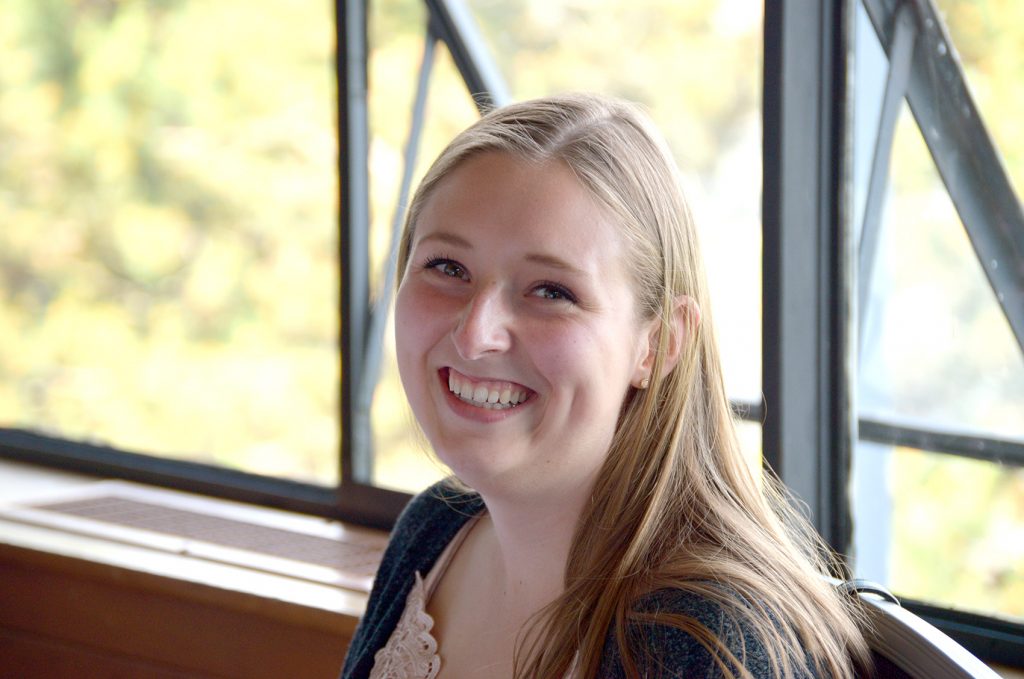
Jewish Studies minor Annie Lewis, ’18, a Dean’s Medalist and Bonderman Fellow
By Annie Lewis
Before beginning my time in the Stroum Center, I viewed Jewish Studies through a narrow lens, one predominantly shaped by popular culture. My childhood years were spent in an overwhelmingly white, Christian farm town that afforded me little exposure to Jewish history and culture, or to diversity in general. As Professor Devin Naar shared his family story in his course Holocaust: History and Memory, the first of many classes I took in the Stroum Center, I developed an interest in Jewish Studies as a means of engaging with new perspectives and learning how to prevent the erasure of non-dominant histories.
I regard the Stroum Center as one of the premier learning communities at the University of Washington for the way faculty and staff supported my peers and me in developing our voices, especially in regard to questions of representation and equity. The availability of faculty mentorship, small class sizes, and guest lectures ensured that we had context for and could appreciate the complexity of Jewish identity. From investigating the Spanish Inquisition in León, to studying the creation of Congregation Ezra Bessaroth’s Holocaust monument, to comparing the Jewish refugee crisis of World War II with the Syrian refugee crisis of the modern day, my experiences as a student of the Stroum Center makes clear the value of a Jewish Studies education.
The highlight of my time in the Stroum Center revolved around my honors thesis “Precarious Whiteness: Reimagining the Seattle Sephardic Origin Story,” supervised by Professor Naar. Collaboration with Professor Naar and Research Coordinator Ty Alhadeff allowed me to study racism and xenophobia in the twentieth century and the resonances of those discriminatory belief systems in today’s world. For its ability to help students think critically about the relationship between identity and modernity, the Sephardic Studies Program remains one of the strongest facets of the Stroum Center.
While the academic strengths of Jewish Studies are surely commendable, the culture and individual talent within the Stroum Center is the most distinguished feature of the Program. While Associate Director Sarah Zaides Rosen works tirelessly to network with the community and organize important events, Undergraduate Program Coordinator Mika Ahuvia constantly strives to make sure students have access to courses that provoke intrigue and offer a challenge. Any Jewish Studies student will tell you that Lauren Kurland, Director of Student Engagement, lights up with a smile at the chance to grab coffee to discuss course planning, post-graduation plans, or life in general. These three individuals are just a few of the many people who ensure that Jewish Studies is a safe and inclusive place for people of all identities and backgrounds.
Without a doubt, the Stroum Center encourages its students to become socially conscious question-askers who think critically about diversity and privilege, reflect on the past to inform the present, and bear in mind their own impact as an active participant in the world.
Annie Lewis, ’18, graduated magna cum laude from the University of Washington with B.A.s in History and English and minors in Spanish and Jewish Studies. She received the Dean’s Medal for the Social Sciences, and the Library Research Award for Undergraduates in the senior thesis category for her paper “Precarious Whiteness: Reimagining the Seattle Sephardic Origin Story.” Annie also received the prestigious Bonderman Travel Fellowship through the UW and will spend 2018-19 traveling in Asia and Africa.

